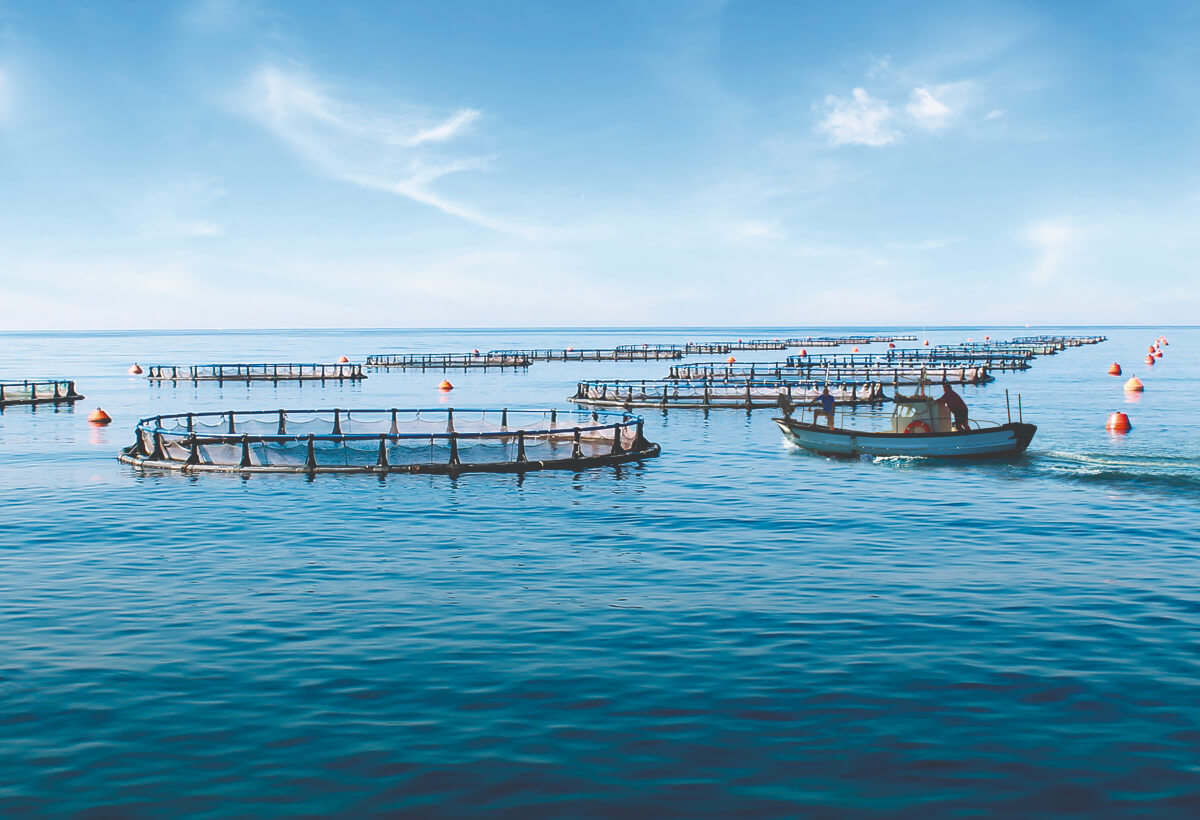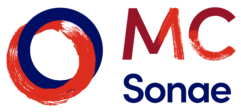900 tonnes of Algarve sea bream at Continente stores in 2020
Sonae MC bets on the largest national aquaculture project. In partnership with a national aquaculture company, Sonae MC will sell more than 900 tonnes of Algarve sea bream in Continente stores, thus reinforcing its value proposition for fresh national fish.
With a total planned investment of 25 million euros by 2022, this production project located in the open sea, near Armona Island, in Olhão, is mainly intended to supply Sonae MC stores. The first fisheries have already started to reach Continente stores.
Through this joint project, Sonae MC intends to reinforce its commitment to national production, supporting local communities in the Algarve and improving the fish supply in stores, not only in terms of freshness and reduced delivery time, but also through a proposal of very competitive value, promoting sustainable production and consumption of Portuguese fish.

According to Nuno Vital, Sonae MC’s Fishmonger Commercial Director, “we aim to increase the total sales of national fish by more than 20% in the project’s first year, reaching a share of more than 40% of the total sales of fresh fish. This project will also allow doubling the current offer of Portuguese sea bream, the most appreciated fish species in Portugal, in the entire market, extending, in the coming years, to other species, such as sea bass, snapper and bream.”
Portugal is among the countries in which fish consumption is most relevant - each Portuguese consumes, on average, 57kg of fish per year - but the national market, at the moment, presents a low self-sufficiency (~ 33%) for the current consumption needs. Aquaculture sales have an increasing weight in fresh fish and seafood, with emphasis on salmon, sea bream and sea bass, with 93% of aquaculture purchases being imported.
Aquaculture is a sustainable alternative for human needs by ensuring the stabilization of overexploitation of wild stocks and greater control over the quality of the fish produced. It also guarantees a lower environmental impact when compared to other sectors of animal production and a constant improvement in production processes and resource efficiency.
In 2010, Sonae MC was the first food retail group in the country to adopt a fish sustainability policy, becoming a reference when assuming the leading position among the entire national distribution regarding this concern. Through its Fisheries policy, Sonae MC establishes principles for the protection of fish species and stocks along its value chain.
Controlling fish that has some type of vulnerability is one of Sonae MC's policies, which is also a pioneer in the use of a colour code that publicly discloses the environmental impact of fisheries on species sold throughout the year – the “Traffic Light System” (SONAE Sustainability Report).
With a total planned investment of 25 million euros by 2022, this production project located in the open sea, near Armona Island, in Olhão, is mainly intended to supply Sonae MC stores. The first fisheries have already started to reach Continente stores.
Through this joint project, Sonae MC intends to reinforce its commitment to national production, supporting local communities in the Algarve and improving the fish supply in stores, not only in terms of freshness and reduced delivery time, but also through a proposal of very competitive value, promoting sustainable production and consumption of Portuguese fish.

According to Nuno Vital, Sonae MC’s Fishmonger Commercial Director, “we aim to increase the total sales of national fish by more than 20% in the project’s first year, reaching a share of more than 40% of the total sales of fresh fish. This project will also allow doubling the current offer of Portuguese sea bream, the most appreciated fish species in Portugal, in the entire market, extending, in the coming years, to other species, such as sea bass, snapper and bream.”
Portugal is among the countries in which fish consumption is most relevant - each Portuguese consumes, on average, 57kg of fish per year - but the national market, at the moment, presents a low self-sufficiency (~ 33%) for the current consumption needs. Aquaculture sales have an increasing weight in fresh fish and seafood, with emphasis on salmon, sea bream and sea bass, with 93% of aquaculture purchases being imported.
Aquaculture is a sustainable alternative for human needs by ensuring the stabilization of overexploitation of wild stocks and greater control over the quality of the fish produced. It also guarantees a lower environmental impact when compared to other sectors of animal production and a constant improvement in production processes and resource efficiency.
In 2010, Sonae MC was the first food retail group in the country to adopt a fish sustainability policy, becoming a reference when assuming the leading position among the entire national distribution regarding this concern. Through its Fisheries policy, Sonae MC establishes principles for the protection of fish species and stocks along its value chain.
Controlling fish that has some type of vulnerability is one of Sonae MC's policies, which is also a pioneer in the use of a colour code that publicly discloses the environmental impact of fisheries on species sold throughout the year – the “Traffic Light System” (SONAE Sustainability Report).
